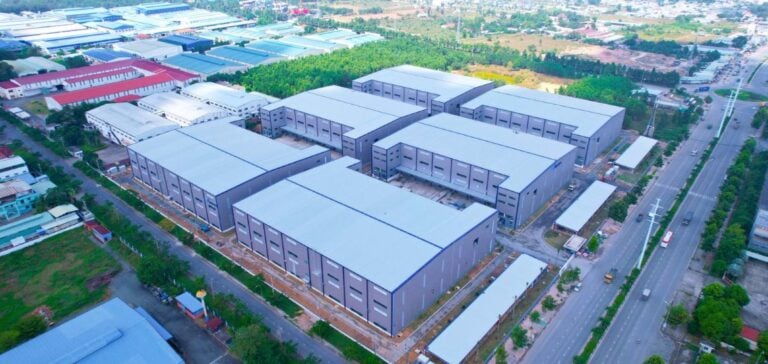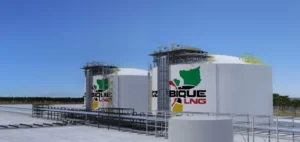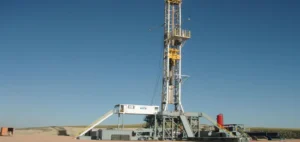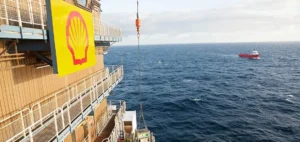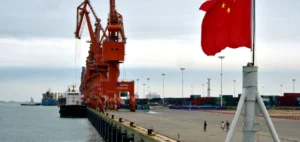Vietnam aims to achieve 15% of its electricity capacity from liquefied natural gas (LNG) by 2030.
However, the introduction of a price cap for LNG-fired electricity raises concerns about the economic feasibility of current projects.
Background and regulations
In May, the Vietnamese government set a price cap for electricity generated from LNG at 2,590.85 dong ($0.10) per kilowatt-hour (KWh) for 2024.
This cap is intended to stabilize costs for consumers, but it has raised concerns among producers.
They believe it does not reflect fluctuations in the LNG market, making projects potentially unprofitable.
LNG prices have been highly volatile recently, exacerbated by geopolitical crises such as the war in Ukraine.
This instability complicates the long-term planning of LNG projects, increasing the financial risks for developers.
Challenges for investors
Vietnam’s energy plan calls for 13 LNG power plants with a total capacity of 22.4 gigawatts (GW) by 2030, requiring 14 million tonnes of LNG per year.
However, forecasts suggest that imports may not reach these levels due to pricing challenges and regulatory uncertainties.
Foreign investors are expressing reservations about the new regulations.
They prefer tariff structures aligned with international practice, where electricity prices are directly linked to LNG costs, without capping.
Outlook and expectations
Vietnam has two LNG terminals with a combined capacity of 4 million tonnes per year.
However, actual imports are limited.
Developers are awaiting further guarantees for the purchase of their production by EVN (Electricité du Vietnam), and a decree proposal on this subject is underway.
The first LNG plants, Nhon Trach 3 and Nhon Trach 4, will start production in November 2024 and May 2025 respectively.
Nevertheless, obstacles such as contractual problems and site compensation are delaying the achievement of these targets.


